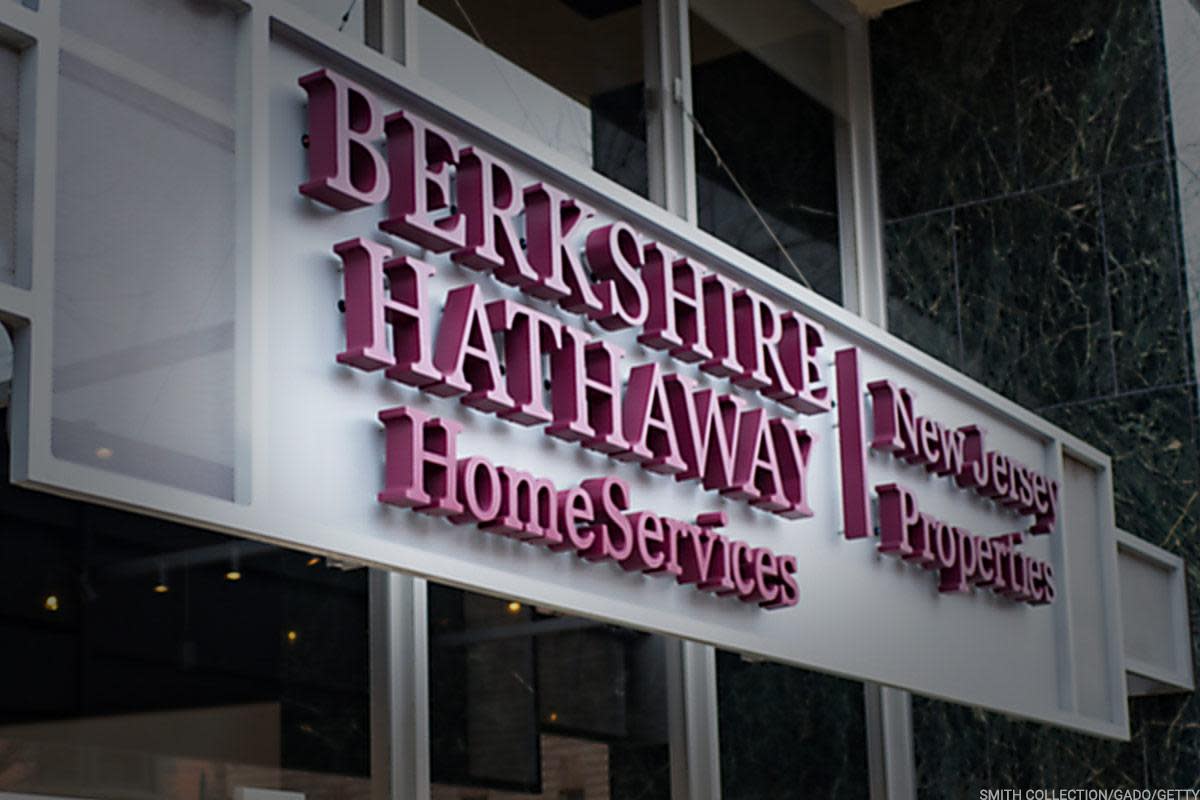Warren Buffett and his company, Berkshire Hathaway, continued scaling back their stock investments in the third quarter of 2024, significantly reducing their stake in Apple and bolstering cash reserves to an unprecedented $325.2 billion. This shift marks a continuation of Berkshire’s cautious stance, as the conglomerate strategically builds cash reserves amid a volatile market environment.
In its quarterly earnings report released on Saturday, Berkshire disclosed that it sold roughly 100 million Apple shares—equivalent to 25% of its holdings—over the summer. Despite the sizable reduction, Berkshire retained around 300 million shares in Apple, which remains the company’s largest single equity investment, valued at nearly $69.9 billion. Over the course of 2024, Berkshire has sold more than 600 million Apple shares, yet the technology giant continues to hold a central position within Berkshire’s portfolio.
The reduction in Apple stock was part of a larger divestiture, totaling $36.1 billion in stock sales for the quarter, which included a substantial sale of Bank of America shares. Buffett has noted that the decision to sell was partially influenced by the current 21% federal tax rate on capital gains, which he anticipates will likely increase. Nonetheless, Buffett indicated that he intends for Apple to remain a core component of Berkshire’s investments.
The third quarter saw Berkshire buying a modest $1.5 billion in new stock investments, marking the eighth consecutive quarter as a net seller. This restrained purchasing activity highlights Buffett’s selective approach in a high-priced stock market. Additionally, Berkshire refrained from buying back its own shares, implying that Buffett may not consider even Berkshire’s stock to be attractively priced at current valuations.
Berkshire’s cash build-up came amid mixed performance across its diverse businesses. The conglomerate reported a 6% decrease in quarterly operating profit, totaling $10.09 billion or approximately $7,019 per Class A share, down from $10.76 billion a year earlier. The decline primarily stemmed from rising liabilities in insurance underwriting, including significant losses related to Hurricane Helene, and unfavorable currency exchange rates due to a strengthening U.S. dollar. The insurance underwriting profit dropped by 69%, affected by increased claims, $565 million in hurricane-related costs, and expenses linked to a bankruptcy settlement involving former talc supplier Whittaker Clark & Daniels.
Despite challenges in insurance underwriting, Berkshire saw improved profitability in several other segments. Geico, the company’s car insurance unit, reported a substantial increase in underwriting profit, thanks to a decrease in accident claims and lower operational costs. Additionally, BNSF Railway benefited from increased shipments of consumer goods, and Berkshire Hathaway Energy’s profits rose as a result of reduced operating expenses.
Looking ahead, Berkshire projected pre-tax losses ranging from $1.3 billion to $1.5 billion in the fourth quarter, primarily due to Hurricane Milton, which caused extensive damage in Florida in October. This forecast underscores the ongoing financial impact of severe weather events on Berkshire’s insurance sector.
On the bottom line, Berkshire’s net income surged to $26.25 billion, or $18,272 per Class A share, a significant rebound from a net loss of $12.77 billion, or $8,824 per share, reported a year earlier. The improvement was largely driven by favorable market conditions, which helped restore the value of Berkshire’s extensive stock investments. However, Buffett has consistently urged investors to focus on operating profit as a more stable indicator of Berkshire’s performance, as accounting rules require the company to report unrealized investment gains and losses in net income, resulting in significant volatility that can obscure underlying operational results.
At 94, Buffett continues to lead Berkshire Hathaway with a steady hand, though succession plans are in place for Vice Chairman Greg Abel, aged 62, to eventually take the helm. Under Buffett’s guidance since 1965, Berkshire has grown into a massive conglomerate headquartered in Omaha, Nebraska, with holdings spanning various industries, including energy, manufacturing, retail, and real estate. Among its well-known subsidiaries are Dairy Queen, Fruit of the Loom, and a substantial real estate brokerage operation, along with a broad array of industrial businesses.
With record-breaking cash reserves and a deliberate approach to investment, Berkshire Hathaway remains a powerful force in the global economy, even as it navigates a challenging landscape marked by fluctuating markets and heightened economic uncertainty.







